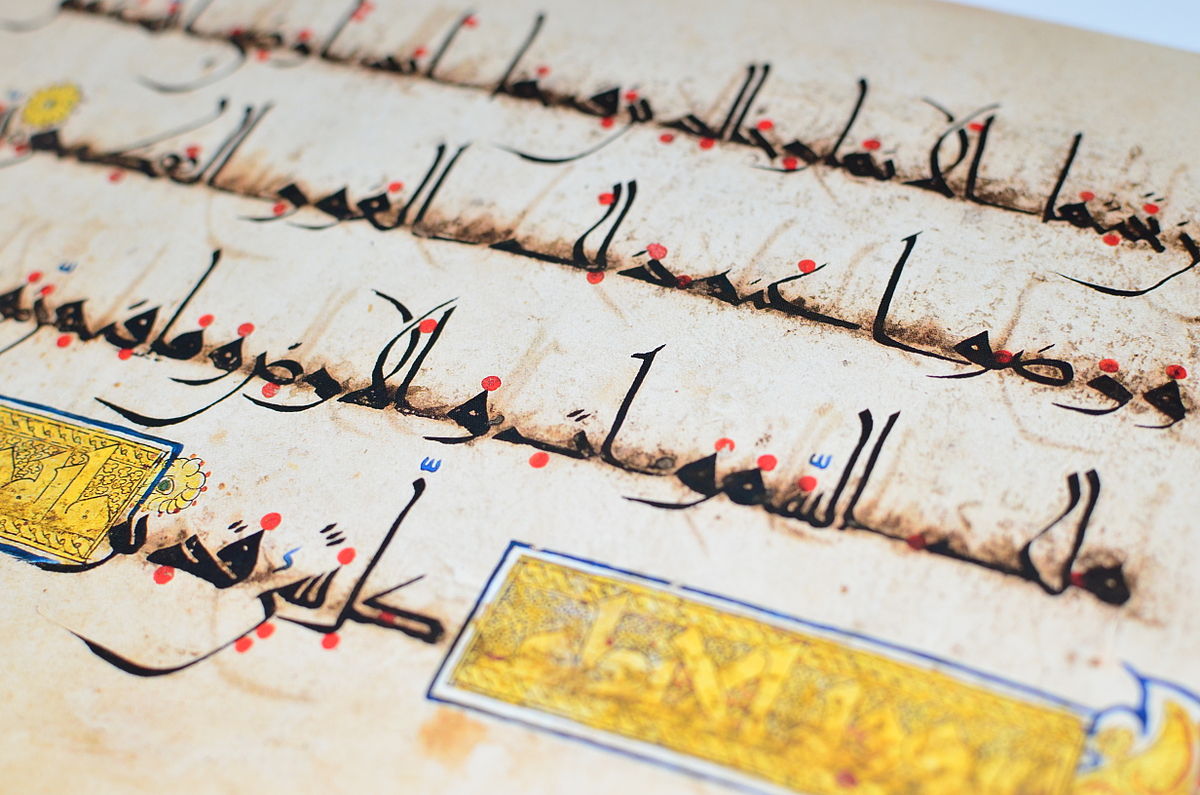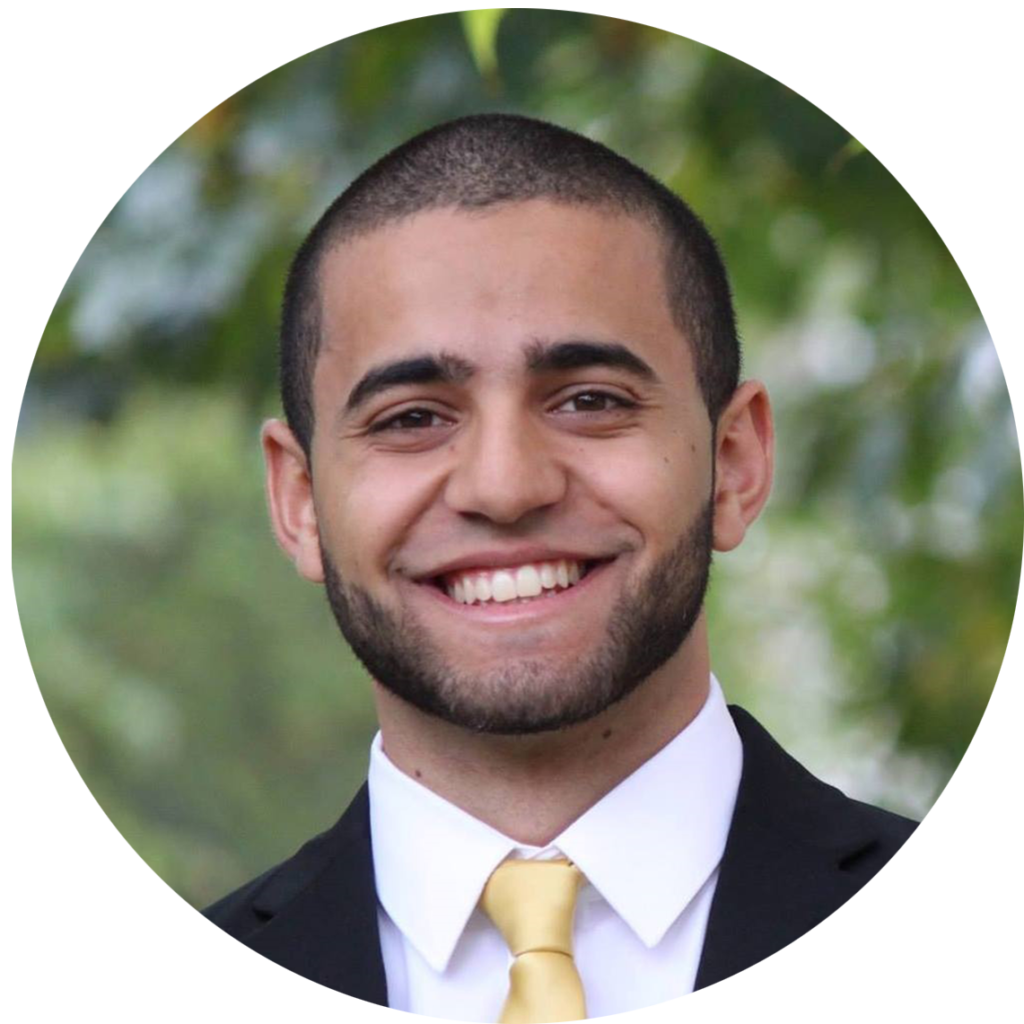
Judgment and Forgiveness in Texas:
The Amber Guyger Case through the Lens of Islamic Law
Hassaan Shahawy
This article is part of our “Religious Reflections on Forgiveness in Law” series.
If you’d like to check out other articles in this series, click here.
Amber Guyger, a white police officer, mistakenly entered the home of Botham Jean, a black man, and shot him dead. Months later, a Texas jury convicted Guyger of murder. Some celebrated the rare verdict, while others protested that Guyger’s 10-year sentence was too lenient. However, the case became even more controversial for two unconventional courtroom moments: The victim’s brother hugged and forgave Guyger after she was found guilty, then later the judge hugged Guyger and told her that God would forgive her.
Nathan Chapman has eloquently framed his analysis of these events as dimensions of a single dichotomy: “How can justice and forgiveness co-exist?” His response was unequivocal: The family was right to forgive Guyger, while the state was right to punish her. Chapman grounds this position in a core duality of Christian ethics: “Christians should practice forgiveness; the government should exercise justice.”
Before discussing how Islamic law might view this differently, let’s first consider what is overwhelmingly similar: the ethics of personal forgiveness in Christianity and Islam. The Quran states, “Let them pardon and forgive. Do you not wish that God should forgive you?” (Quran 24:22). Echoing this is the famous saying of the Prophet Muhammad, “The merciful are shown mercy by the Most Merciful. Be merciful to those on Earth, and the One in the Heavens will be merciful to you.”
The Quran then speaks specifically to forgiveness in the context of crime when it states, “If you punish, then punish only in proportion to the harm you suffered. But if you are patient, that is better for those who are patient,” (Quran 16:126). Exemplifying this is the story of a man who brought a murderer before the Prophet Muhammad and declared, “This man killed my brother.” The Prophet Muhammad said, “Forgive him.” The man refused. The Prophet Muhammad said, “Accept financial compensation from him.” The man refused. The Prophet Muhammad said, “Then execute him and be just like him.” Needless to say, the man forgave.
For modern Muslims, this ethic of personal forgiveness has contributed to a fascinating phenomenon. Every few years, an article goes viral on Muslim social media depicting a Muslim victim forgiving a perpetrator. Muslims proudly shared the case of Rais Bhuiyan, who ten days after 9-11 was shot in the face in a hate crime in Texas, only to later start a petition against his attacker’s death sentence. Muslims proudly shared another case in which a father whose son was stabbed to death publicly forgave the perpetrator, hugged him in court, and encouraged him to find God during his 31-year prison sentence. The same phenomenon appeared in the UK when a Muslim doctor forgave the man who stabbed him outside a mosque.
While the Christian and Muslim notions of personal forgiveness are very similar, the two traditions appear to diverge in how they position the state in that ethic of forgiveness. Chapman mentions that in the Christian view, the expectation that the state administer justice is so foundational that there were serious debates over whether Christians—charged to act with charitable forgiveness—could even participate in the political project. To my knowledge, Muslim thinkers have never had such a debate. Muslim legal texts do include exhortations discouraging pious jurists from becoming judges, and the Prophet Muhammad even reportedly said, “Whoever is made a judge has been slaughtered without a knife.” However, the chief concern was that pious scholars would be corrupted by politics, not that there was an inherent conflict between forgiveness and justice. What is the practical significance of this? Without the stark divide between the personal and the governmental, the Islamic ethic of forgiveness played a major role in Muslim courts.
Islamic law generally does not embrace the more Western legal fiction that criminal offenses are wrongs against the State and society as a whole.
Islamic law generally does not embrace the more Western legal fiction that criminal offenses are wrongs against the State and society as a whole. Thus, for the vast majority of crimes, Islamic law maintains that the victim’s personal forgiveness suffices to halt further legal proceedings against the perpetrator. Islamic law does recognize ḥudūd offenses, for which it prescribes penalties that cannot be waived by a victim’s forgiveness. While other crimes infringe on the “rights of people,” ḥudūd offenses are said to infringe on the “rights of God” and therefore merit punishment even if their human victims waive their rights to redress by forgiving the perpetrator. There are, however, only five such crimes. They include theft, adultery, and slanderous accusations of adultery, but interestingly, not murder.
Still, even in cases of ḥudūd, judges could show mercy through the shrewd use of legal procedure. Based on the saying—sometimes attributed to the Prophet Muhammad—that Muslims should “avert the ḥudūd through doubts,” jurists used the concept of factual doubt to raise the already-high evidentiary standards for ḥudūd crimes. At the same time, judges limited the amount of evidence in front of the court by encouraging witnesses not to testify and perpetrators not to confess, as exemplified by a 7th-century judge who asked a confessing thief, “Have you stolen? Say, ‘No.’” Through these mechanisms, it is—as noted by the scholar Rudolph Peters—“nearly impossible for a thief or fornicator to be sentenced, unless he wishes to do so and confesses.” The practical effects of this are measurable: in the 500 years of Ottoman rule of Constantinople, only one person was criminally punished for adultery.
Two concerns naturally emerge: state-sanctioned forgiveness might leave victims unable to vindicate their rights, or might insufficiently deter future criminals. In response to the first concern, judges created legal fictions. For example, in the case of theft, a thief (or witness) could simply testify, “This item is X’s property,” without testifying how it ended up in the thief’s possession, thus returning the item to its rightful owner without exposing the thief to ḥudūd charges. To resolve the latter issue, judges could impose lesser forms of discretionary punishment called taʿzīr.
Of course, this regime of state-sanctioned forgiveness contradicts the popular perception that Islamic law is harsh. However, even in the West, this reputation is modern. For example, after surrendering to George Washington and ending the Revolutionary War, the British General Cornwallis became governor of India, where he felt, in the words of his predecessor General Hastings, that Islamic law was “founded on the most lenient principles and on an abhorrence of bloodshed.” In particular, he complained that Islamic homicide law granted too much authority to a victim’s family by not recognizing crimes against the State. Cornwallis then went on to develop the Cornwallis Code, a part of the broader project of Anglo-Muhammadan Law, by which the British attempted to mold Islamic law in a Western Christian image—an image in which, as Chapman writes, the state is not tasked with forgiveness.
First, we must be careful when importing the ethics of civil disputes into systemic injustices.
As enlightening as this history may be, it is still an incomplete response to the Guyger case. The case was not controversial simply because a man forgave his brother’s murderer, nor because a judge tiptoed the line between church and state. It was controversial because it implicated systemic injustices. Many feared that the family’s forgiving Guyger, along with the families of the Charleston shooting victims forgiving Dylann Roof, set a new precedent that black victims are expected to forgive their attackers while white victims are not. Many, including the ACLU, complained that the collective sympathy for Guyger exemplified the discrepancy between how we treat white female and black male defendants. Finally, one concern is likely at the crux of them all: Forgiveness, combined with the lenient 10-year sentence, defused what should have been a powerful statement that society would no longer tolerate police taking of black life.
Religious legal traditions do not revolve around such modern systemic issues. Few medieval works on Islamic law discuss mass incarceration, racialized police violence, or sentencing disparities, even if they provide values by which we can address them. This leads me to two tentative conclusions.
First, we must be careful when importing the ethics of civil disputes into systemic injustices. While I believe that Islamic law’s radical ethic of forgiveness reaches beyond the personal into the governmental, I am simultaneously hesitant to say that the Jean family was “right” to forgive. I prefer the Quranic formulation: One is legally and ethically entitled to justice, though forgiveness is better. This means that forgiveness is not suitable in all cases, and we must, with wisdom, guard against enabling impunity or ongoing abuse. In some situations, forgiveness might become injustice, or at least indignity.
Second, the fact that religious legal traditions do not fluently speak the language of modern systemic realities is a feature, not a bug. If religion is a soul’s personal connection to its Creator, then it should forcefully preserve the personal core of systemic issues. Deciding all cases at systemic levels risks creating a system unresponsive to individual situations. This tension is already at issue in the #MeToo movement, in which we struggle to balance how easily abusers can escape justice with how dangerous it is destroy the presumption of innocence. Thus, rather than wielding religious ethics as a club used to encourage victims to forgive, I hope, more simply, that these religious ethics keep forgiveness relevant to our legal system. The issues of who, how, and when are case-specific, but we could do with more unconventional moments of tenderness in our nation’s courtrooms.

Hassaan Shahawy is a student at Harvard Law School. He holds a BA in History from Harvard University and an MA and PhD in Islamic Law from the University of Oxford, where he studied as a Rhodes Scholar.
Recommended Citation
Shahawy, Hassaan. “Judgment and Forgiveness in Texas: The Amber Guyger Case through the Lens of Islamic Law.” Canopy Forum, February 10, 2020. https://canopyforum.org/2020/02/10/judgment-and-forgiveness-in-texas-the-amber-guyger-case-through-the-lens-of-islamic-law-by-hassaan-shahawy/

